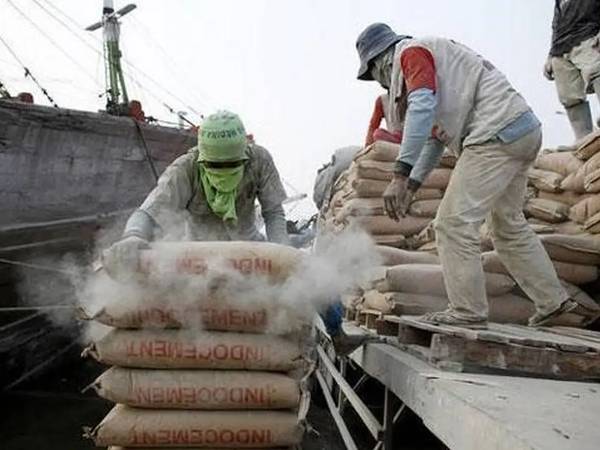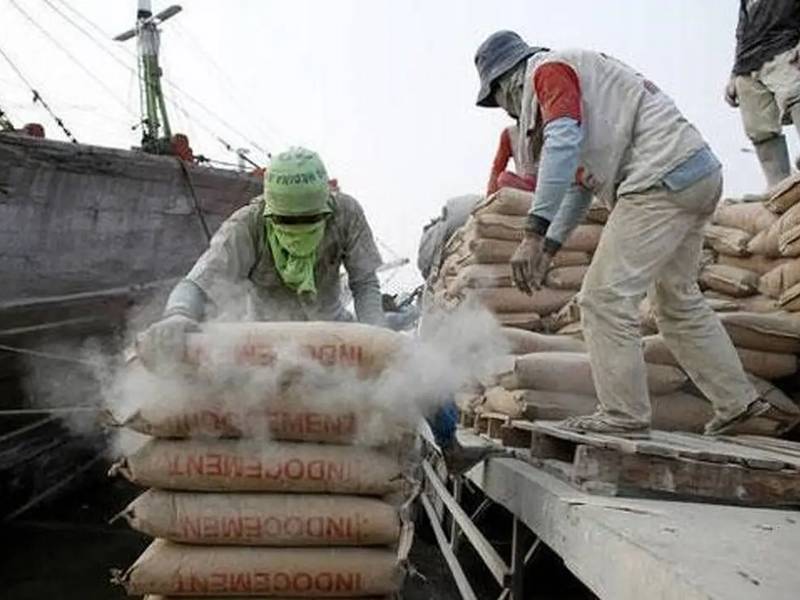Energy shortages have forced the shutdown of kilns at 22 cement factories across Iran, disrupting production and threatening supply to the construction industry, one of the country's few industries to have witnessed growth in 2024.
Cement production requires continuous operation of kilns, 24 hours a day. Even short power or gas outages can halt the process, especially the production of clinker, a vital component of cement.
The secretary of the Cement Industry Employers Association, Ali Akbar Alvandian, told ILNA news agency on Thursday that gas supplies to cement factories have been increasingly restricted since October, when the rolling blackouts started.
Many factories now have no gas supply at all, and some, like Tehran Cement, are barred from using mazut (a pollutant-heavy high-sulfur fuel oil) as an alternative due to their proximity to urban areas and associated pollution concerns. This has led to complete shutdowns at these facilities.
The shutdowns are impacting major cement producers across the country, including Shomal (North) Cement, Firuzkuh Cement, and Abik Cement, the latter of which has both of its kilns out of operation.
The widespread nature of these closures raises concerns about potential shortages and price increases in the construction sector and other industries that rely on cement, an industry which the International Cement Review this year said had seen a year on year growth of 24 percent in spite of the country's economic collapse.
Iran’s energy infrastructure is grappling with one of its most challenging winters. Facing a critical natural gas, President Masoud Pezeshkian’s administration has prioritized avoiding the widespread burning of mazut, as a substitute at major power plants in several cities such as Arak, Isfahan, and Karaj.
To mitigate mazut emissions, the government ordered planned blackouts, with power cuts announced across several provinces. This measure has been presented as an environmental alternative to mazut, with officials citing health concerns associated with the fuel’s toxic emissions.

